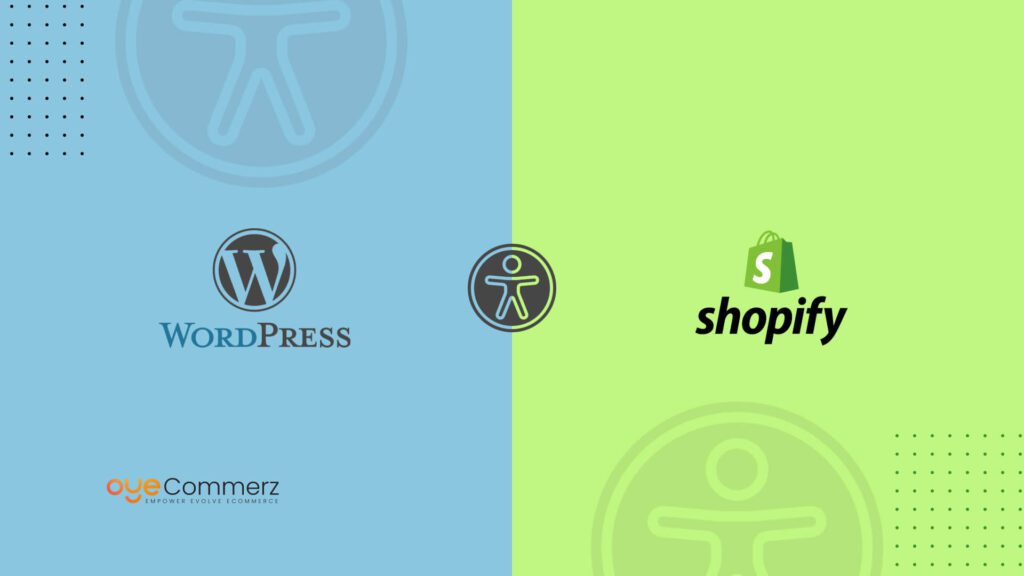In the ever-evolving sphere of eCommerce, choosing the best solution is vital for your company’s growth. If you’re presently using WP and thinking about a migration to an alternative, you’re not the only one. Countless businesses are shifting to take advantage of Shopify’s powerful features, user-friendliness, and scalability. This guide will walk you through the journey of migrating from WordPress to Shopify smoothly, making sure that you achieve your online retail potential.
Why Transition from WP to this platform?
Prior to diving into the migration journey, it’s crucial to know why this shift can be advantageous for your online store:
Intuitive Design: Shopify features an intuitive interface that streamlines store operations, enabling for non-technical users.
Scalability: As your business grows, Shopify can support higher traffic and transactions without sacrificing speed.
All-in-One Solutions: Shopify includes integrated features for search engine optimization, analytics, payment processing, and additional functionalities, reducing the necessity for several plugins.
Enhanced Security: With Shopify, you benefit from robust security measures that safeguard confidential customer data.
Steps for a Seamless Migration
Migrating your online store from WordPress to Shopify involves several phases.
Here’s the way to achieve a hassle-free transition:
Outline Your Migration Plan
Begin by drafting your migration blueprint. Pinpoint which components of your existing site you want to transfer, such as:
Product data
Customer information
Order history
Posts
Select the Best Migration Solution
Based on your needs, choose a migration plan that fits your business. Migration experts provides various plans:
Entry-Level Plan: Perfect for boutique stores with fewer products.
Standard Migration Package: Suitable for growing businesses with moderate demands.
Comprehensive Solution: Excellent for big stores requiring extensive customization.
Save Your Data
Before initiating the migration, ensure that you have a full archive of your WP site. This task is essential in situations where anything goes wrong during the transfer.
Retrieve Your Content from WordPress
Use extensions or manual methods to export essential content from your WP site:
Products
Clients
Sales records
Content pieces
Import Data into Shopify
After you have your content exported, use Shopify’s built-in features or external apps to upload your content into your new store. Confirm that all information is properly organized and placed.
Personalize Your Shopify Platform
Once uploading content, tailor your Shopify site’s layout to match moving your store to Shopify with your advantages of Shopify business goals. Think about engaging a specialist if you want complex customization.
Establish Payment Gateways and Delivery Settings
Arrange transaction methods and delivery choices in Shopify to create a smooth checkout experience for customers.
Apply SEO Best Practices
To keep your search engine rankings during the change:
Set up 301 link updates from previous URLs to new ones.
Refresh meta tags.
Optimize visual content and text for search engines.
Evaluate Your Migrated Platform
Before going live, extensively check your new site. Look out for any discrepancies, payment processing issues, or incomplete files.
Launch Your Platform
Once everything is in order, it’s the moment to launch! Announce the update to your users and invite them to experience the updated features of your Shopify store.
Post-Migration Assistance
Post publishing your Shopify store, regular help is key. Consider engaging experts who can help with:
Troubleshooting
Promotional campaigns
Improvement strategies
Conclusion
Migrating from WP to this platform can be a crucial step for your eCommerce. By following this guide and utilizing experts like those offered by dedicated providers, you can guarantee a smooth transition that enhances your online presence. Adapt to the change and unlock the potential of Shopify today!
